Battle of the big screens: Can phablets replace the smartphone and tablet?
There’s no denying smartphones are getting bigger and Samsung is leading this fad, but will phablets ever catch on for business?


In 2011, Samsung launched a 5.3in device, designed to replace a smartphone and tablet. Last year, the Korean manufacturer launched its second-generation Galaxy Note 2, with an even bigger 5.5in screen and this year it's anticipated Samsung will launch the Note 3, with a 5.99in screen.
But do so-called phablets have a place in the workplace, or is it a consumer fad that will die out in the next couple of months?
There are specific job roles that almost demand the need of a tablet over a smartphone, because of the apps available.
With Samsung's Galaxy Note series of devices, a new mobile world has been born. The phablet is not quite a smartphone, not a tablet, yet it is gaining momentum as people begin replacing their two devices for one.
Both Rob Bamforth, principle analyst at Quocirca and Richard Absalom, an analyst at Ovum's consumer impact technology division, agree that phablets are almost impossible to use as smartphones and this may hinder any success phablets have in the workplace.
"A phablet is much more awkward in voice use and perhaps as a result seems more at risk of being dropped, with ensuing consequences," says Bamforth.
He considers phablets to fit better into the tablet category rather than smartphones and doesn't think these are smart enough yet to provide everything smartphone users. What's more, phablets don't have the operator support smartphones have, Bamforth adds.
"Cellular connectivity for tablets is still low on people's priorities - modus operandi for tablets is more personal than public," he said.
Get the ITPro daily newsletter
Sign up today and you will receive a free copy of our Future Focus 2025 report - the leading guidance on AI, cybersecurity and other IT challenges as per 700+ senior executives
"Mobile operators are only just starting to set reasonable tariffs for multi device operation, for example no extra charge for using a smartphone as a personal hotspot If operators continue to make these changes, it might mean a small cellular voice device such as a watch, plus larger Wi-Fi 'accessories' such as a tablet on a single tariff has wide appeal."
Therefore, there's no need for a tablet or phablet to have its own cellular connection people would have a device for making calls that wouldn't add any bulk and a larger device to do things like browse and use apps.
However, Absalom disagrees that a cellular connection isn't needed on a tablet. Research by Ovum shows tablets have a very specific use for some employees and in most of these applications, a data connection is required, and networks currently offer that for tablets.
"There are specific job roles that almost demand the need of a tablet over a smartphone, because of the apps available," he says.
"We've seen it a lot in the insurance space with claims adjusters, for example. They can visit the client's property or place of work, take a statement, take photos and update the claim online in real time, then move on to their next job.
"Field sales teams are also using tablets, especially in the farming space. It's much easier to show a catalogue on a large screen the pictures can simply be swiped through from within an application."

Clare is the founder of Blue Cactus Digital, a digital marketing company that helps ethical and sustainability-focused businesses grow their customer base.
Prior to becoming a marketer, Clare was a journalist, working at a range of mobile device-focused outlets including Know Your Mobile before moving into freelance life.
As a freelance writer, she drew on her expertise in mobility to write features and guides for ITPro, as well as regularly writing news stories on a wide range of topics.
-
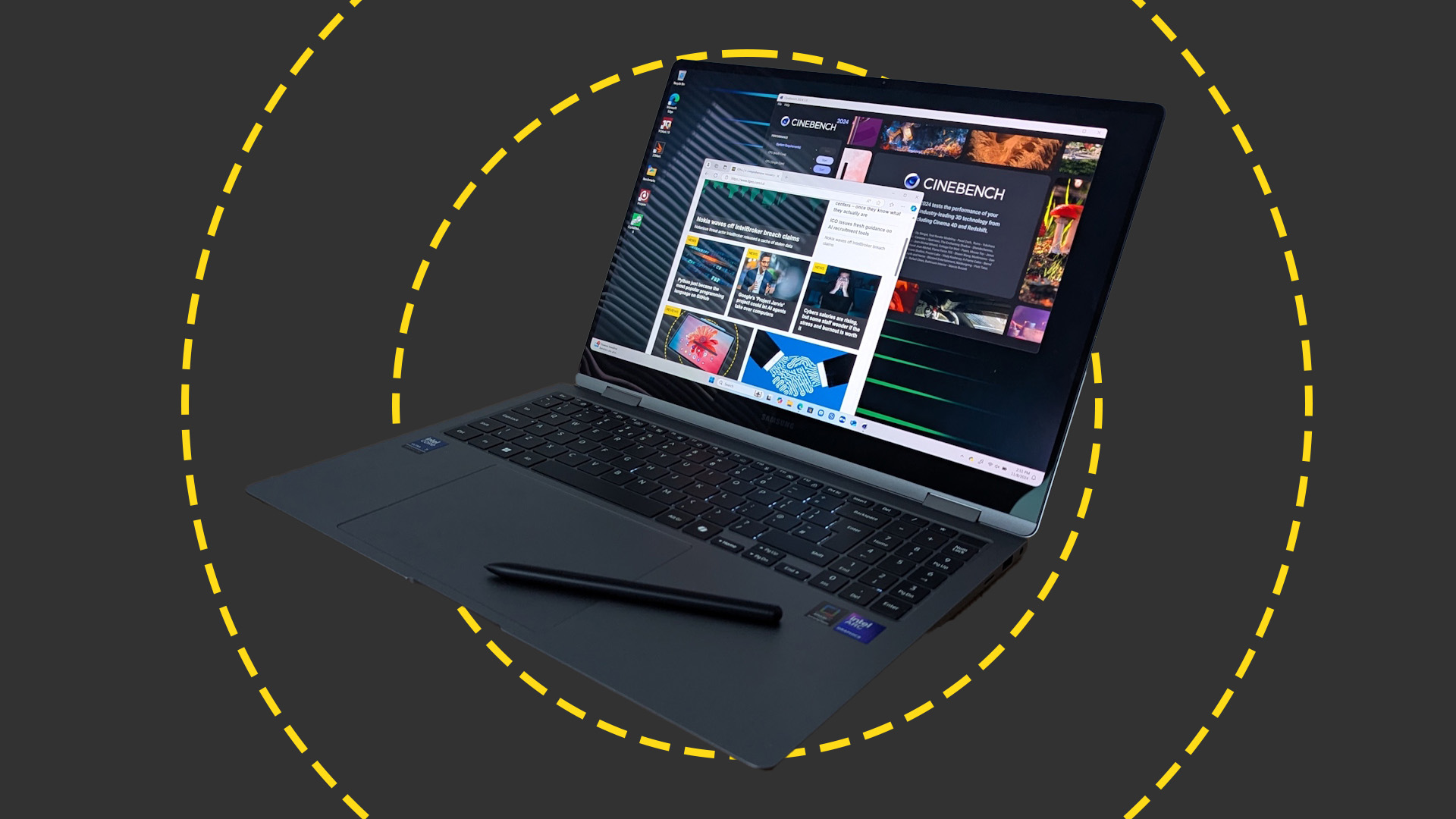 Samsung Galaxy Book 5 Pro 360 review: Almost the perfect big-screen laptop
Samsung Galaxy Book 5 Pro 360 review: Almost the perfect big-screen laptopReviews The Book 5 Pro 360 is a laptop you slowly get accustomed to, rather than one that feels right from the word go.
By Stuart Andrews
-
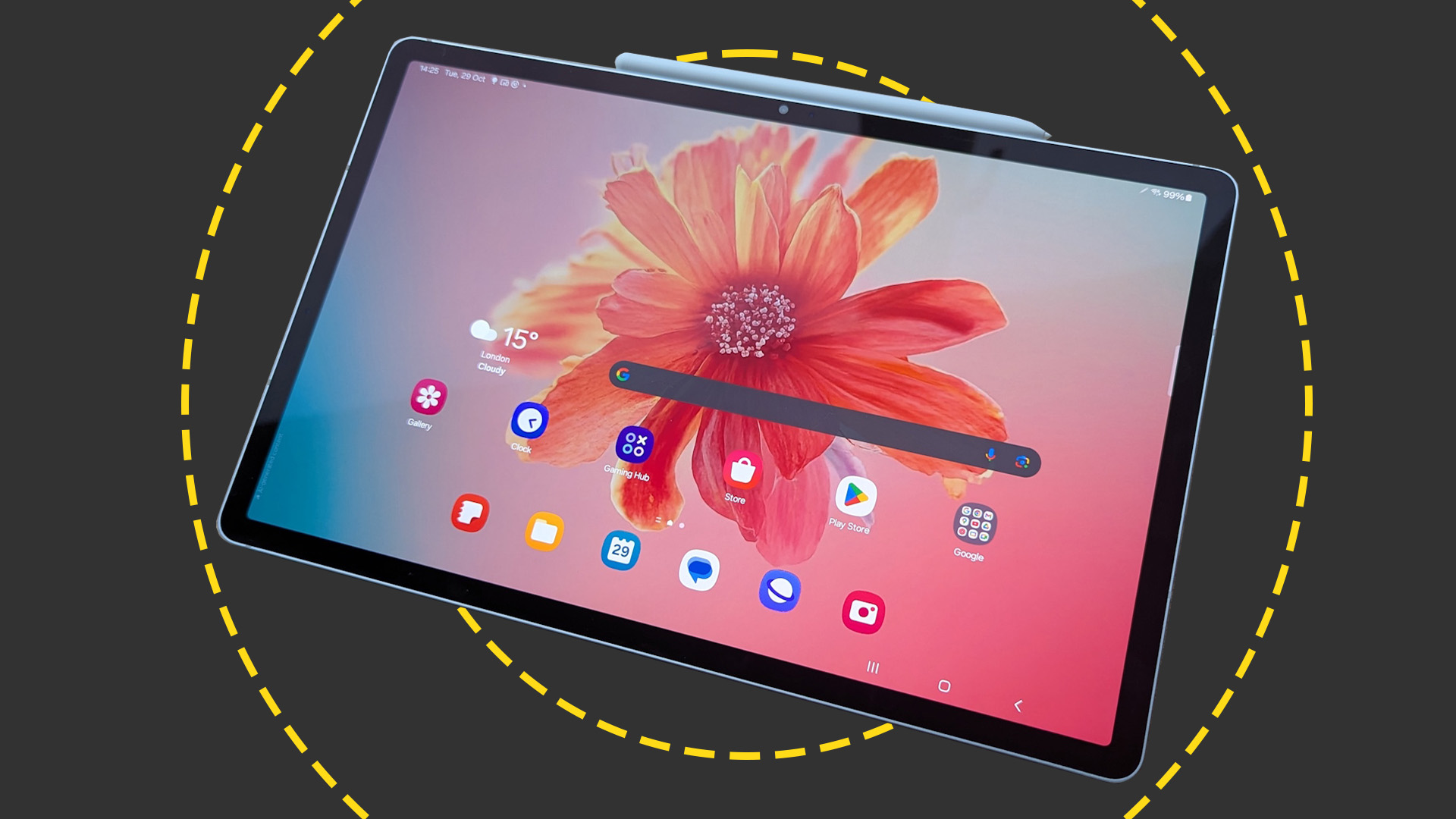 Samsung Galaxy Tab S10+ review: Possibly the best Android tablet for business
Samsung Galaxy Tab S10+ review: Possibly the best Android tablet for businessReviews With good performance, AI features and an exceptional screen, the Tab S10+ is the best Android tablet out there, if not quite the best tablet overall
By Stuart Andrews
-
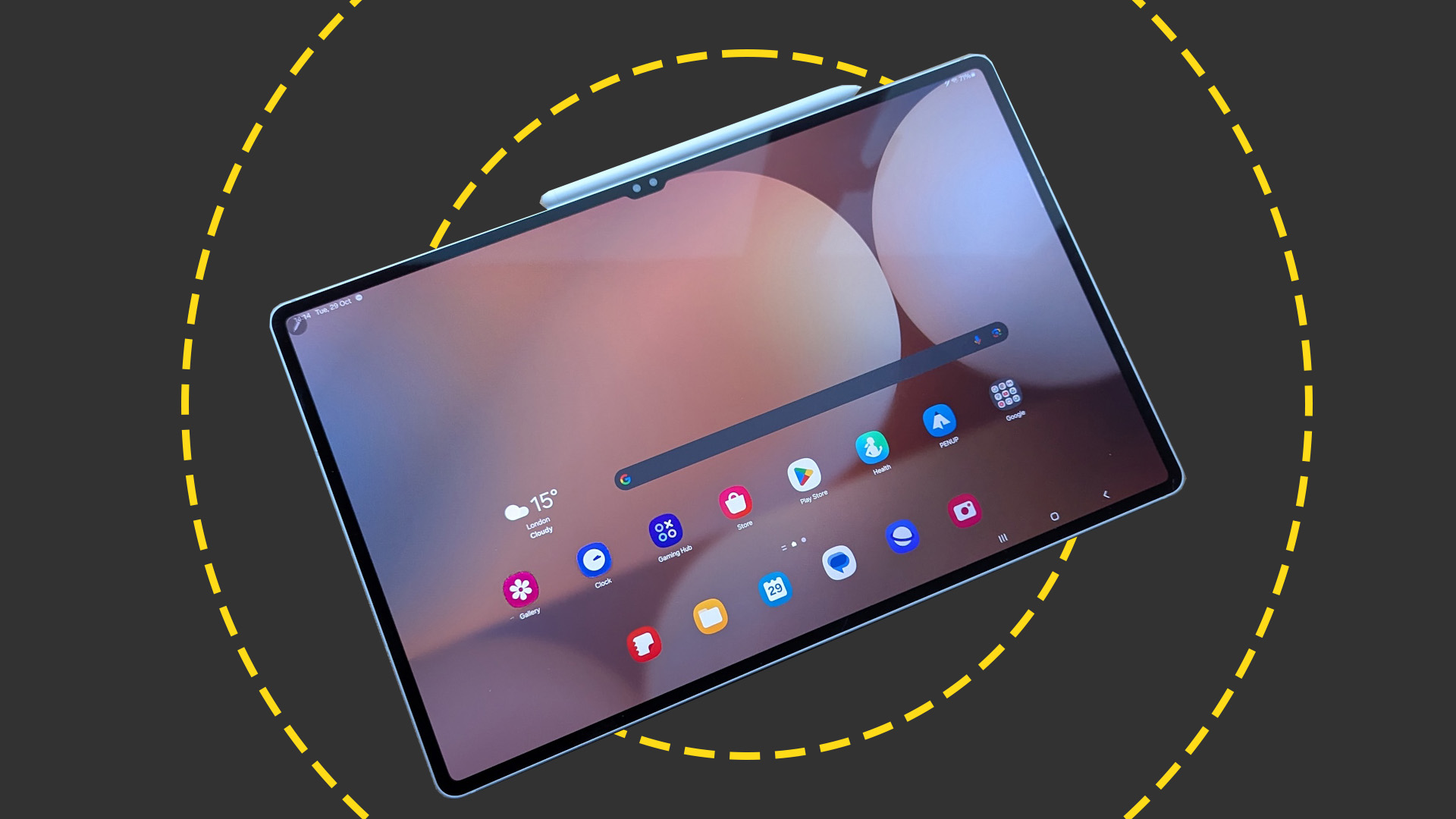 Samsung Galaxy Tab S10 Ultra review: Samsung's big-screen tablet is an AI-powered multitasking monster
Samsung Galaxy Tab S10 Ultra review: Samsung's big-screen tablet is an AI-powered multitasking monsterReviews The sheer size won't be for everyone, but the Tab S10 Ultra has the screen, performance, and multitasking prowess for serious work
By Stuart Andrews
-
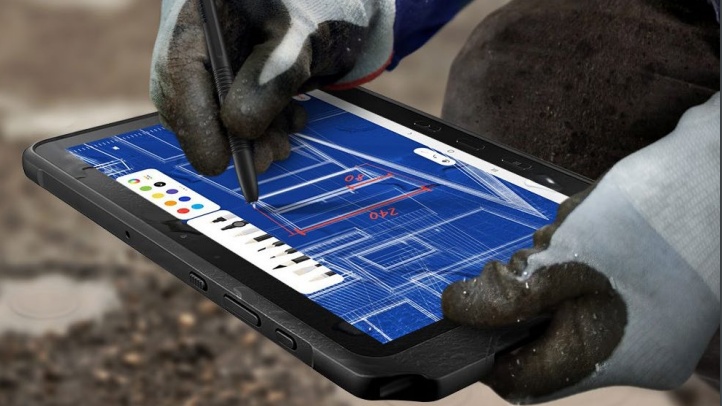 Rugged goes mainstream
Rugged goes mainstreamwhitepaper Why every business needs rugged devices to get the job done
By ITPro
-
 Why tougher doesn’t need to mean harder
Why tougher doesn’t need to mean harderwhitepaper Bridging the rugged and consumer device divide
By ITPro
-
 Samsung reveals plans for $15bn chip research center to break semiconductor scaling barriers
Samsung reveals plans for $15bn chip research center to break semiconductor scaling barriersNews The news follows the company's proposal in July to build 11 Texas semiconductor plants worth $191 billion
By Praharsha Anand
-
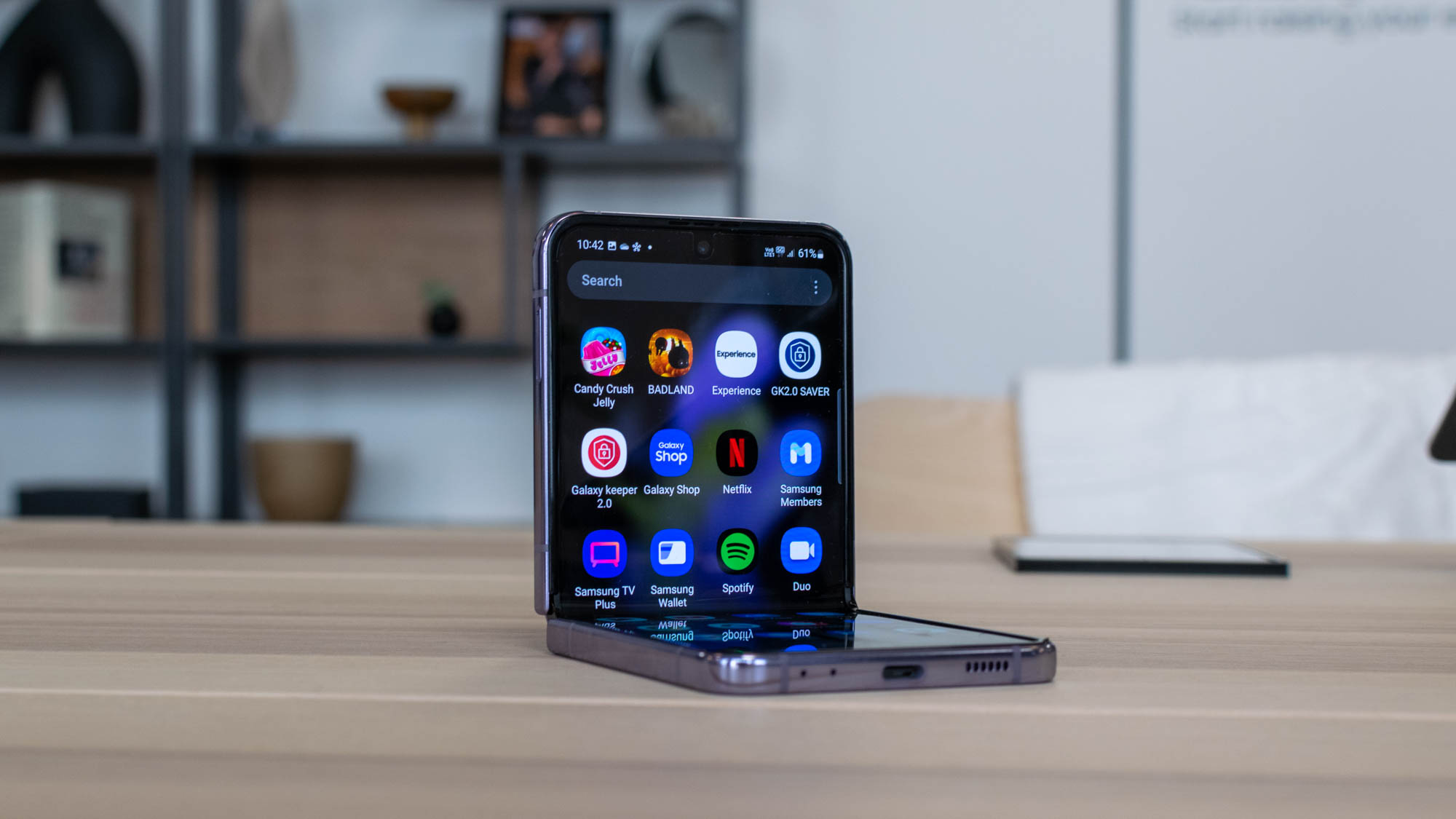 Samsung Galaxy Z Flip 4 hands-on review: A welcome (if minor) update
Samsung Galaxy Z Flip 4 hands-on review: A welcome (if minor) updateFirst look Samsung’s latest foldable is appealing, but does little to stand out from its predecessor
By Adam Shepherd
-
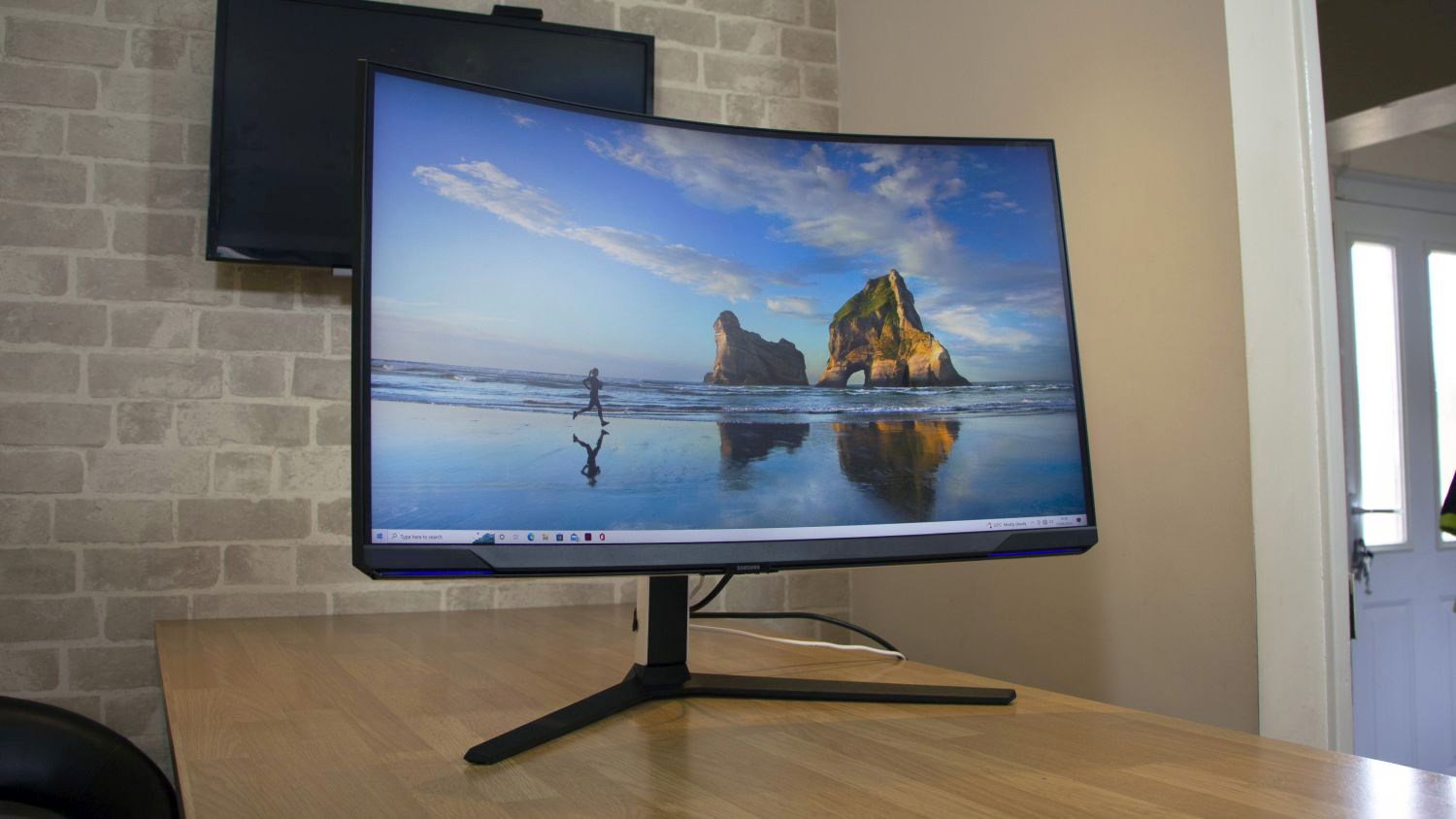
 Samsung Odyssey Neo G8 review: A groundbreaking display for work and play
Samsung Odyssey Neo G8 review: A groundbreaking display for work and playReviews The world’s first 4K/240Hz screen delivers sensational contrast and great colours, albeit for a high price
By Mike Jennings

